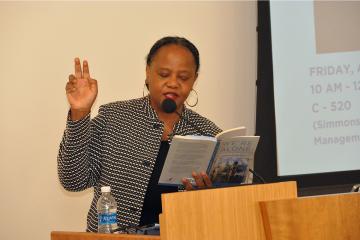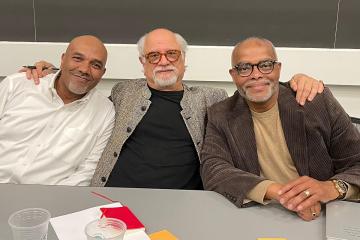Robert M. Gay Memorial Lecture
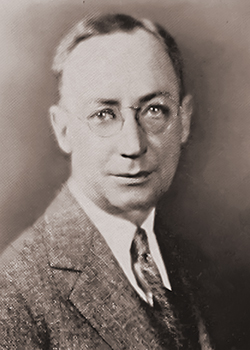
The annual Robert M. Gay Memorial lecture series is hosted by the Department of Humanities and the Gwen Ifill School of Media, Humanities and Social Sciences.
The Robert M. Gay lecture, named for the Simmons professor of English, director of the English department, and founder and dean of what was then the Graduate School of Publications, was made possible through an endowed lectureship by Eleanor Bates ’39, Miriam Gosian Madfis ’40, and Dorothy Gove Russell ’32 in his memory.
Please contact [email protected] if you have any questions about the lecture series.

2025 Robert M. Gay Lecture with Edwidge Danticat
Join us for a captivating lecture with Edwidge Danticat on April 18! Edwidge Danticat is Wun Tsun Tam Mellon Professor of the Humanities at Columbia University and the author of We’re Alone and numerous other books.
Robert M. Gay Memorial Lecture in the News
Recent Robert M. Gay Memorial Lectures
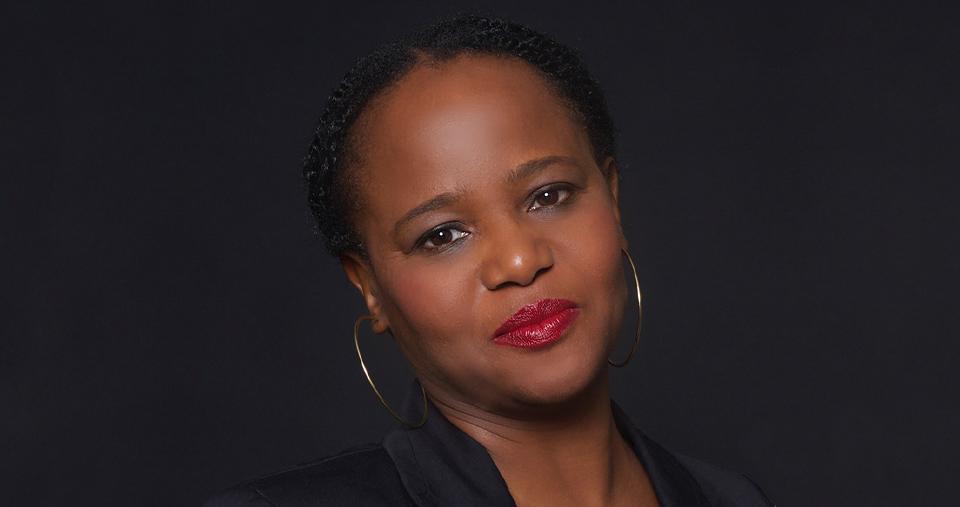
Robert M. Gay Lecture with Edwidge Danticat
- Apr 18, 2025
- 10:00 am to 12:00 pm
- C-520/C-521 and Virtual
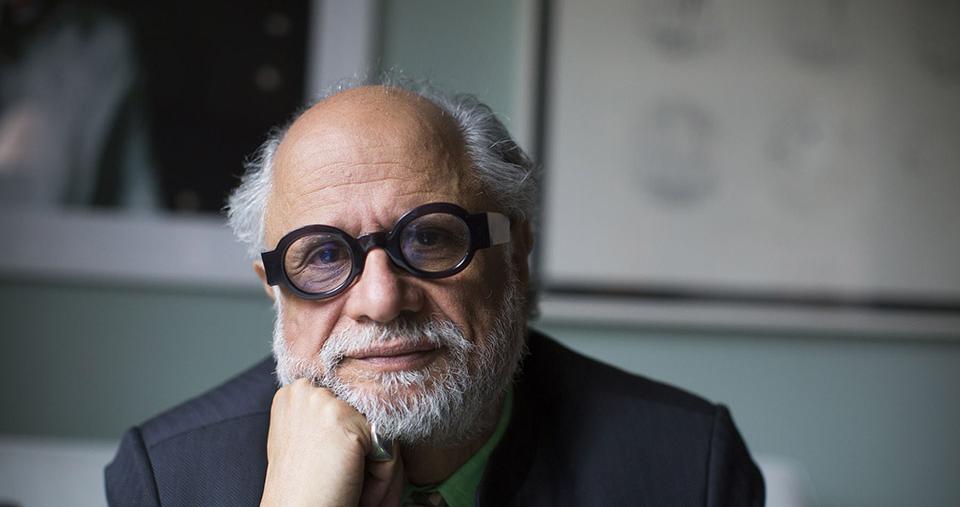
Robert M. Gay Memorial Lecture with Homi K Bhabha
- Apr 25, 2024
- 5:00 pm to 7:00 pm
- Main College Building, Room A-152.
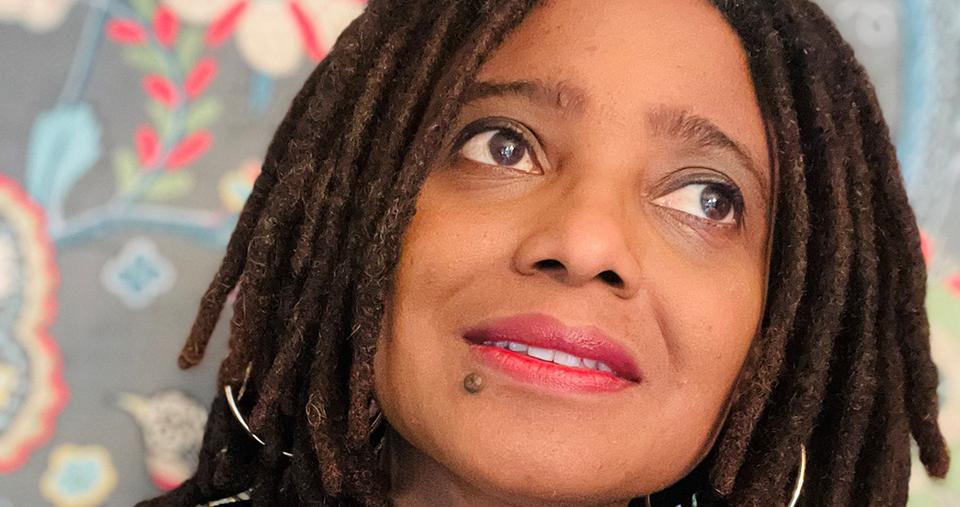
Poetry Reading with Tracy K. Smith: A Robert M. Gay Memorial Symposium
- Apr 27, 2023
- 4:00 pm
- Linda K. Paresky Conference Room and Virtual
Previous Robert M. Gay Memorial Lectures
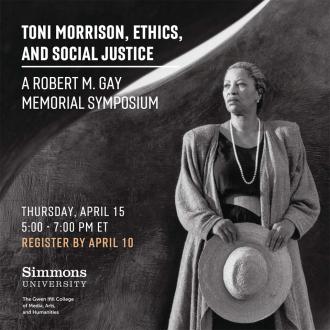 Toni Morrison, Ethics, and Social Justice
Toni Morrison, Ethics, and Social Justice
Toni Morrison’s writings uniquely speak to contemporary issues of ethics, adversity and change. Distinctly highlighting the lives of African Americans, they articulate new ways of understanding our racialized American history and delineate methods of ethically reimagining our relations to race and racism. Featuring lectures by three leading Toni Morrison scholars, this event embraced Morrison’s work as a model for inquiry and change in our historical moment of crisis around issues of social justice and racial ethics.
Keynotes by
- Carolyn Denard: Founder and president of the Toni Morrison Society.
- Jean Wyatt: Author of Love and Narrative Form in Toni Morrison’s Later Novels (2017) and recipient of the Toni Morrison Society’s “Best Book Award.”
- Daphne Lamothe: Author of Inventing the New Negro: Narrative, Culture, and Ethnography (2009).
Moderated by Sheldon George: coeditor of Reading Contemporary Black British and African American Women Writers: Race, Ethics, Narrative Form (2020).
Presentations were streamed via Zoom on Thursday, April 15th, 2021, from 5-7pm. This event was free to the public.
This Robert M. Gay Memorial Lectures event was hosted by the Simmons University Department of English, the Gwen Ifill School of Media, Humanities and Social Sciences, and the Office of Research and Fellowships.
Check out the Simmons Library Toni Morrison LibGuide in advance of the Symposium.
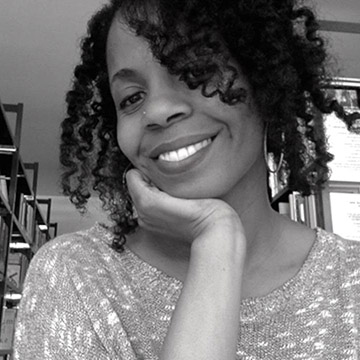 "The Aesthetics of Regard: Theorizing New Millennial Black Feminist Art Praxis"
"The Aesthetics of Regard: Theorizing New Millennial Black Feminist Art Praxis"
Aliyyah I. Abdur-Rahman is Associate Professor of American Studies and English at Brown University and the author of Against the Closet: Black Political Longing and the Erotics of Race (Duke University Press, 2012). Her areas of specialization include African American literature and culture, gender and sexuality studies, and visual culture and media studies.
The Poet, The Artist, The Printer: Book Arts and the Small Press

What are the choices that go into producing the physical book — the first thing a reader sees? How do the choices of physical object and artwork guide and enhance the text within to make a book more than the sum of its parts? Artist Carlyn Marcus Ekstrom joins Slate Roof Press master printer Ed Rayher and Slate Roof poets Janet MacFadyen, Kate Stearns, and Anna M. Warrock to discuss the opportunities and restraints that come when poets, artists, and printers work collaboratively on a project. Slate Roof poets are fully involved in their own book design, including cover choices, papers, typeface, artwork, die cuts, etc. The result is that each chapbook uniquely reflects its author, while showcasing the work of both local artists and bookmakers.
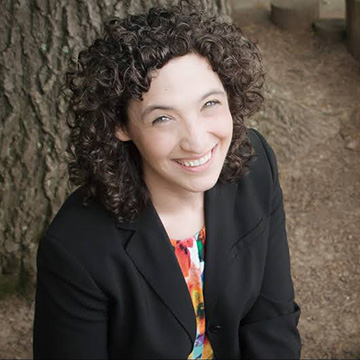 "Listening to Children in the 1970s"
"Listening to Children in the 1970s"
Marah Gubar teaches and writes about children's literature from a variety of periods, but she is especially interested in nineteenth- and twentieth-century representatives of childhood and the history of children's theatre. Her book Artful Dodgers: Reconceiving the Golden Age of Children's Literature came out from Oxford University Press in 2009 and won the Children's Literature Association's Book Award. She has also received several teaching prizes, including the Association of Princeton Graduate Alumni Teaching Award and the Chancellor's Distinguished Teaching Award. Gubar joined MIT's literature faculty in 2014. Previously, she was an Associate Professor of English at the University of Pittsburgh, where she directed the nationally recognized Children's Literature Program. She earned her Ph.D. in English from Princeton University.
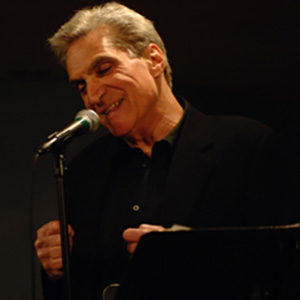 "Foundling Culture: A Poetry Reading"
"Foundling Culture: A Poetry Reading"
Robert Pinsky is one of America’s foremost poet-critics. Elected Poet Laureate of the United States in 1997, his three-year tenure was marked by ambitious efforts to prove the power of poetry – not just as an intellectual pursuit in the ivory tower, but as a meaningful and integral part of American life. His Selected Poems was published in 2011. His previous books of poetry include Gulf Music (2008), Jersey Rain (2000), The Want Bone (1990) and The Figured Wheel: New and Collected Poems 1966-1996. Pinsky co-edited Americans’ Favorite Poems: The Favorite Poem Project Anthology with Maggie Dietz (2000). His best-selling translation The Inferno of Dante (1994) was a Book-of-the-Month-Club Editor’s Choice. Pinsky has won many awards and honors including the William Carlos Williams Prize, the Harold Washington Award from the City of Chicago, and a Lifetime Achievement Award from the PEN American Center.
 "Serious Noticing: Life, Death, and Details"
"Serious Noticing: Life, Death, and Details"
James Wood has been a staff writer and book critic at The New Yorker since 2007. In 2009, he won the National Magazine Award for reviews and criticism. He was the chief literary critic at the Guardian, in London, from 1992 to 1995, and a senior editor at The New Republic from 1995 to 2007. His critical essays are collected in "The Broken Estate: Essays on Literature and Belief"; "The Irresponsible Self: On Laughter and the Novel," which was a finalist for the National Book Critics Circle Award; and "The Fun Stuff: And Other Essays." He is also the author of a novel, "The Book Against God," and a study of technique in the novel, "How Fiction Works." He is Professor of Practice of Literary Criticism at Harvard University.
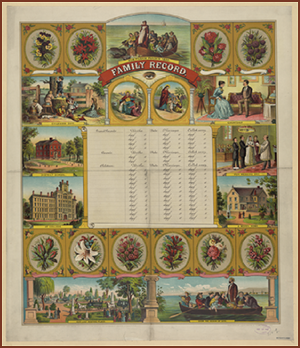 "Clotel's Queer Mulatta and the Ends of the Family in American Literature"
"Clotel's Queer Mulatta and the Ends of the Family in American Literature"
Holly Jackson (Simmons '02) is Assistant Professor of English at the University of Massachusetts, Boston and the author of American Blood: The Ends of the Family in American Literature, 1850-1900 (Oxford 2014). Her work has also appeared in PMLA, The New England Quarterly, ESQ: A Journal of the American Renaissance, and Early African American Print Culture (Penn 2012).
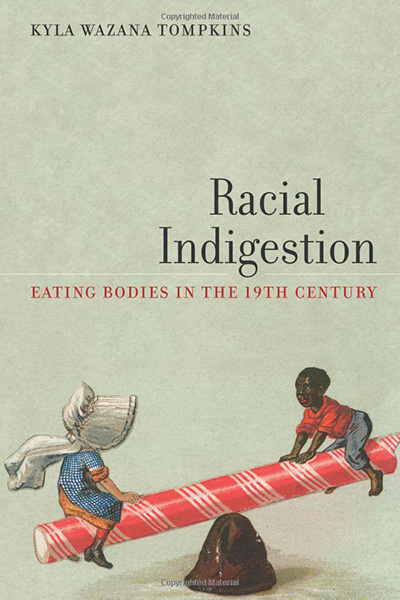 "Sweet! Sweet! Come, come and eat, Dear little girls With yellow curls"
"Sweet! Sweet! Come, come and eat, Dear little girls With yellow curls"
Race and the Queer History of Eating in the Nineteenth Century
Kyla Wazana Tompkins is Associate Professor of English and Gender and Women's Studies at Pomona College and the author of Racial Indigestion: Eating Bodies in the Nineteenth Century (NYUP 2012). The recipient of fellowships and funding from the Charles Warren Center for American History at Harvard University, the Mellon Foundation, the NEH, and the Mrs. Giles Whiting Foundation, her writing has appeared in Callaloo, Gastronomica, and the Journal of Food Culture and Society.
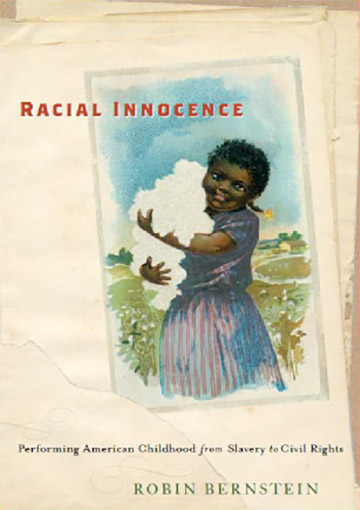 "Psychological Damage or Resistance?"
"Psychological Damage or Resistance?"
Re-Evaluating the Clark Doll Tests through the Lens of Performance Studies
Robin Bernstein is Associate Professor of African and African American Studies and Studies of Women, Gender, and Sexuality at Harvard University. She is the author of Racial Innocence: Performing American Childhood from Slavery to Civil Rights (NYU Press 2011) and Terrible, Terrible!, a feminist children's book (Kar- Ben 1998) and the editor of Cast Out: Queer Lives in Theater (Michigan 2006).
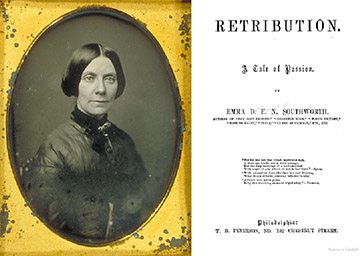 "Serial Blindness"
"Serial Blindness"
Geography, Genealogy, and Gender in E.D.E.N. Southworth's Retribution
Professor Dillon received her Ph.D. from the University of California, Berkeley, and her research interests include Early American literature, Atlantic colonialism, the early novel, feminist theory, political theory, aesthetics, transatlantic print culture, Caribbean literature, and early American drama. Author of The Gender of Freedom: Fictions of Liberalism and the Literary Public Sphere (Stanford University Press, 2004), Dillon is currently completing the manuscript of New World Drama: Theatre of the Atlantic, 1660-1850, which will be published by Duke University Press. Dillon was awarded the Heyman Prize for Outstanding Publication in the Humanities at Yale University in 2003, the Society of Early Americanists Essay Prize in 2005, and most recently the Jay Fliegelman Excellence in Mentorship Award given by the Graduate Caucus of the American Society Eighteenth-Century Studies in 2011.
 Authors and Simmons Alumnae, Elinor Lipman & Mameve Medwed
Authors and Simmons Alumnae, Elinor Lipman & Mameve Medwed
Elinor Lipman is the author of nine critically acclaimed books: the novels My Latest Grievance, The Pursuit of Alice Thrift, The Dearly Departed, The Ladies' Man, The Inn at Lake Devine, Isabel's Bed, The Way Men Act, Then She Found Me, and a collection of stories, Into Love and Out Again. She has taught writing at Simmons, Smith and Hampshire colleges. Her essays have appeared in the Boston Globe Magazine, Gourmet, Chicago Tribune, Washington Post, and The New York Times’ “Writers on Writing” series. Of her work the Boston Globe has said, “Lipman has been referred to as ‘the master of the art of screwball comedy,’ but ‘screwball’ doesn’t do justice to her fiction, which renders serious subjects through a lens of humor and hope.” Faye Weldon wrote of My Latest Grievance in the Washington Post, “Up there at the top is where this enchanting, infinitely witty yet serious, exceptionally intelligent, wholly original and Austen-like stylist belongs..."
Mameve Medwed is the author of four novels: Mail, Host Family, The End of an Error, and her newest book, How Elizabeth Barrett Browning Saved My Life, which was selected as an Honor Book for the 2007 Massachusetts Book Awards. (The next book, Men and Their Mothers, is forthcoming.) Her short stories, essays, and book reviews have appeared in Yankee, Redbook, Playgirl, The Boston Globe, The Washington Post, Ascent, The Missouri Review, Confrontation, The Readerville Journal, and Newsday, among others. Her first novel, Mail, has been optioned for motion picture development by Anand Tucker (Shopgirl, Girl With a Pearl Earring, Hilary and Jackie) and will be directed by Sharon Maguire (Bridget Jones's Diary) with a screenplay by Wendy Wasserstein. Medwed has taught fiction writing for many years at The Cambridge Center for Adult Education where she has also served on the board. Born in Bangor, Maine, she and her husband have two grown sons and live in Cambridge.
The movie adaptation of Then She Found Me, starring, written and directed by Helen Hunt, will be released later this year.
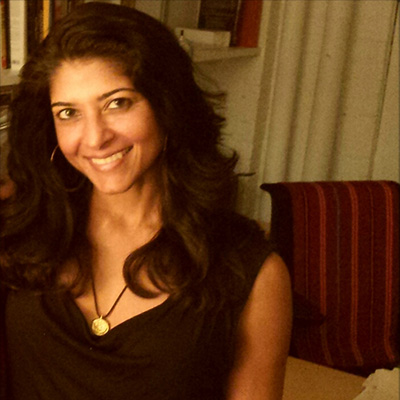 "Queer Regionality: Locating Lesbians in Sancharram"
"Queer Regionality: Locating Lesbians in Sancharram"
Gayatri Gopinath
Associate Professor of Women and Gender Studies at UC Davis
In 2004, the Chicago-based South Asian filmmaker Ligy Pullappally released Sancharram (The Journey), a feature film that depicts a burgeoning love affair between two school girls growing up in a small town in rural Kerala, South India. Sancharram is filmed entirely in Malayalam (the official state language of Kerala). This paper argues that we need a queer diasporic reading practice in order to situate the film within both (at least) two discursive frames simultaneously: the diasporic/transnational, and the local/regional. Indeed what becomes apparent when considering the interrelation between these two interpretive frames is that the film has a specifically transnational address even as it is rooted intensely in the regional. In its depiction of the opprobrium the two girls face when their affair comes to light, the film is not so much concerned with the failures of the Indian nation to live up to its promises of democratic egalitarianism for all its citizens. Rather, the film interpellates a transnational lesbian and gay viewership by couching the struggle of its heroines in terms of a discourse of global queer rights. The film therefore allows us to consider the formation of a lesbian transnational subject through the use of a regional linguistic and aesthetic idiom.
Gayatri Gopinath is Associate Professor of Women and Gender Studies at the University of California at Davis. She received her Ph.D. in English and Comparative Literature from Columbia University, and is the author of Impossible Desires: Queer Diasporas and South Asian Public Cultures (Duke, 2005). Her work on sexuality, gender, and South Asian diasporic literature, film, and popular music has appeared in the journals GLQ, Positions, and Diaspora, as well as in the anthologies Theorizing Diaspora: A Reader, eds. Jana Evans Braziel and Anita Mannur (Blackwell, 2003), Queer Globalizations: Citizenship, Sexualities, and the Afterlife of Colonialism, eds. Arnaldo Cruz Malave and Martin Manalansan (NYU Press, 2002), and Burning Down the House: Recycling Domesticity, ed. Rosemary M. George (Westview Press, 1998).
 "Shakespeare in Life"
"Shakespeare in Life"
Stephen Greenblatt
Cogan University Professor of the Humanities at Harvard University
Stephen Greenblatt’s areas of specialization include Shakespeare, 16th and 17th century English literature, the literature of travel and exploration, and literary theory. He serves on the editorial or advisory boards of numerous journals and is an editor and cofounder of Representations. His research has been supported by fellowships and grants from the National Endowment for the Humanities, the Guggenheim, Howard and Kyoto University Foundations, the American Council of Learned Societies. He has received the James Russell Lowell Prize of the MLA, the British Council Prize in the Humanities, and the Mellon Distinguished Humanist Award. He has been elected to membership in the American Academy of Arts and Sciences, is a permanent fellow of the Institute for Advanced Study in Berlin, and has served as president of the Modern Language Association of America.
He has also taught at the University of California, Berkeley, lectured widely and has held numerous visiting professorships. His named lecture series include the Clarendon Lectures at Oxford, the Carpenter Lecturers at the University of Chicago, and the University Lectures at Princeton. He received his B.A. (summa cum laude) from Yale University, a second B.A. from Cambridge University, and his PhD from Yale.
Professor Greenblatt’s publications include: Will in the World: How Shakespeare Became Shakespeare; Hamlet in Purgatory; Practicing New Historicism; Marvelous Possessions: The Wonder of the New World; Learning to Curse: Essays in Modern Culture; Shakespearean Negotiations: The Circulation of Social Energy in Renaissance England; Renaissance Self-Fashioning: From More to Shakespeare; Sir Walter Raleigh: The Renaissance Man and His Roles; and Three Modern Satirists: Waugh, Orwell, and Huxley. In addition he is the general editor of The Norton Shakespeare and the Associate General Editor of The Norton Anthology of English Literature.
 "The Crisis in Literature: Violence and Propaganda"
"The Crisis in Literature: Violence and Propaganda"
Russ Castronovo
Jean Wall Bennett Professor of English and American Studies at the University of Wisconsin-Madison
Dr. Russ Castronovo, Professor of English and American Studies at the University of Wisconsin-Madison, will deliver the Robert M. Gay Memorial Lecture at Simmons College on April 22 from 4-6:30pm in the Beatley Library Browsing Room, 300 The Fenway.
Castronovo is the author of Fathering the Nation: American Genealogies of Slavery and Freedom (University of California Press 1995), and Necro Citizenship: Death, Eroticism, and the Public Sphere in the Nineteenth-Century United States (Duke University Press 2001). Most recently he and Dana Nelson edited an essay collection: Materializing Democracy: Toward a Revitalized Cultural Politics (Duke University Press 2002).
His talk, entitled, "The Crisis in Literature: Violence and Propaganda" theorizes the incendiary connections between lynching and aesthetics. What sort of critical consciousness would dare to associate ritualized murder and beauty? In an attempt to answer this question, Castronovo examines the aesthetic theories being developed and debated at The Crisis among W.E.B. Du Bois and his colleagues. The first step in putting beauty to democratic use is to distinguish art from aesthetics but the remaining steps lead to a path full of political ambiguity and ideological pitfalls.
Department of Humanities
The Department of Humanities is committed to connecting students with the enduring value of the humanities — the study of human cultural expressions in art, history, languages, literatures, writing, and philosophy across the globe.

